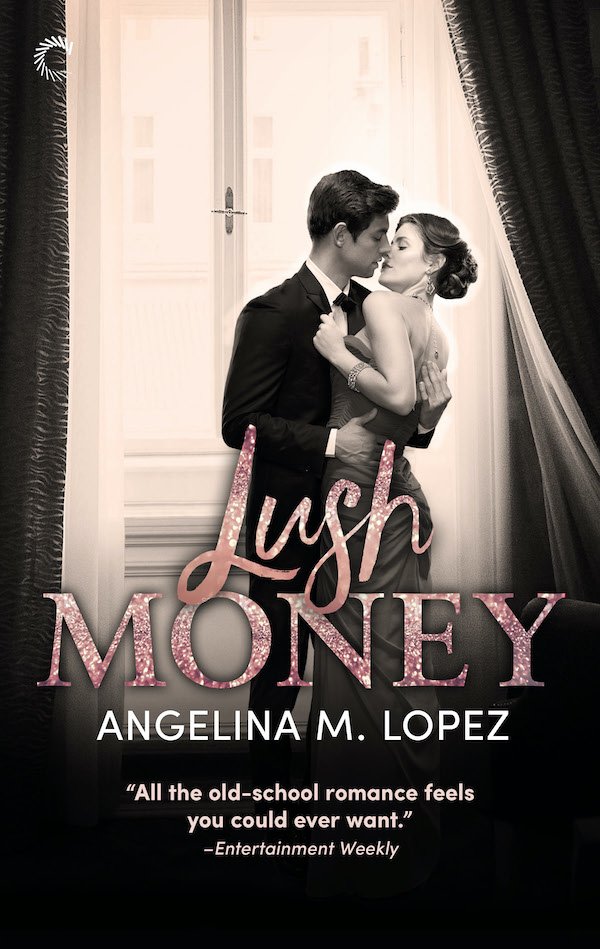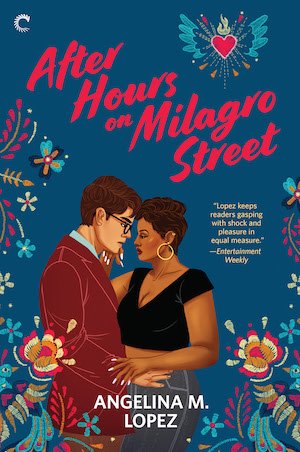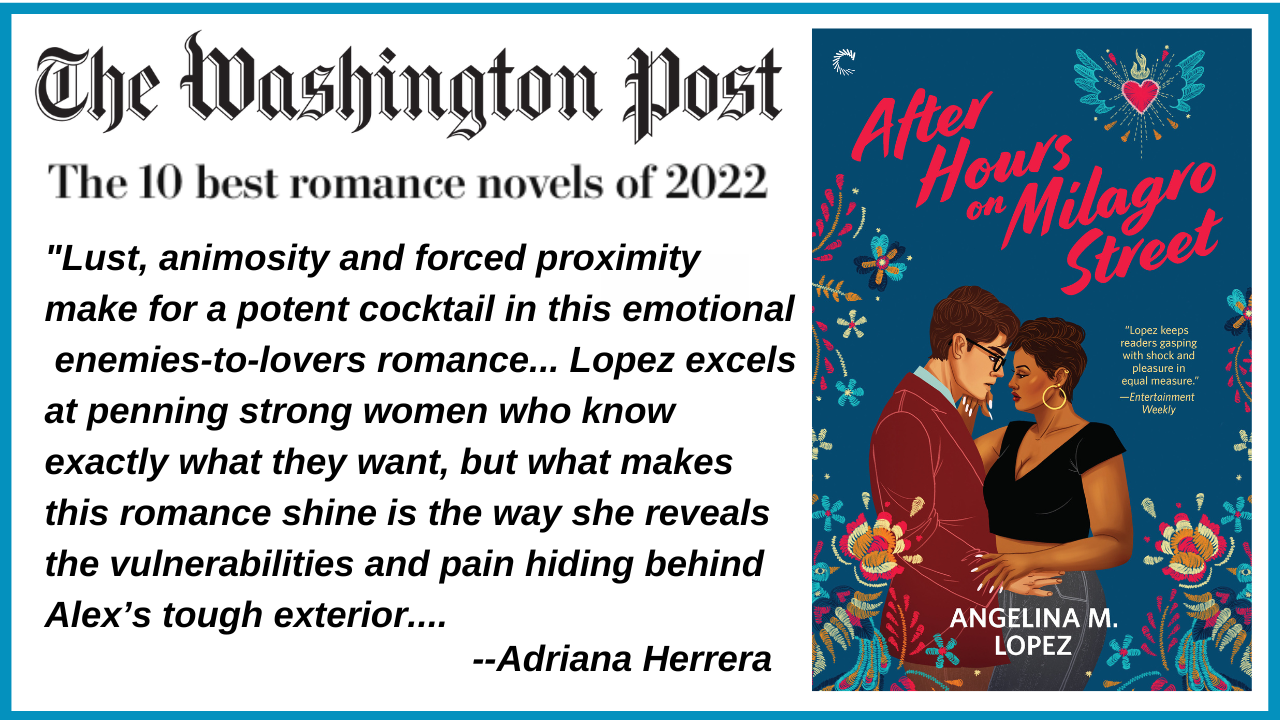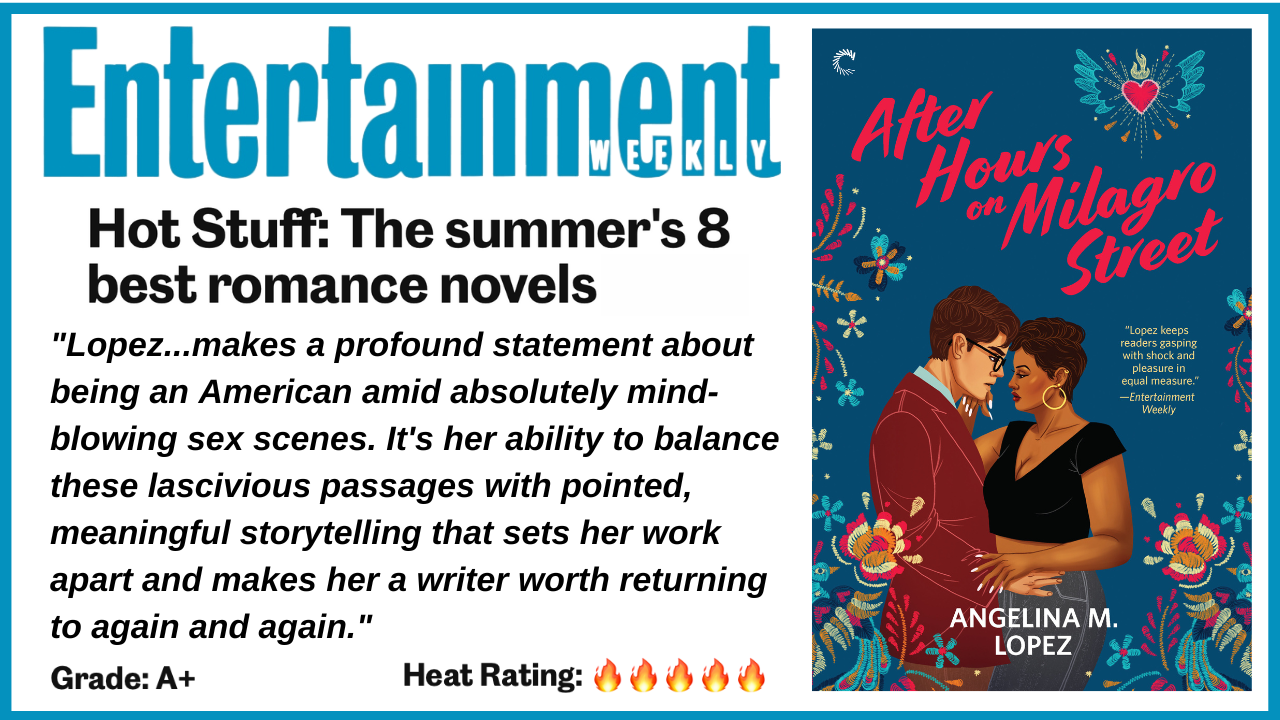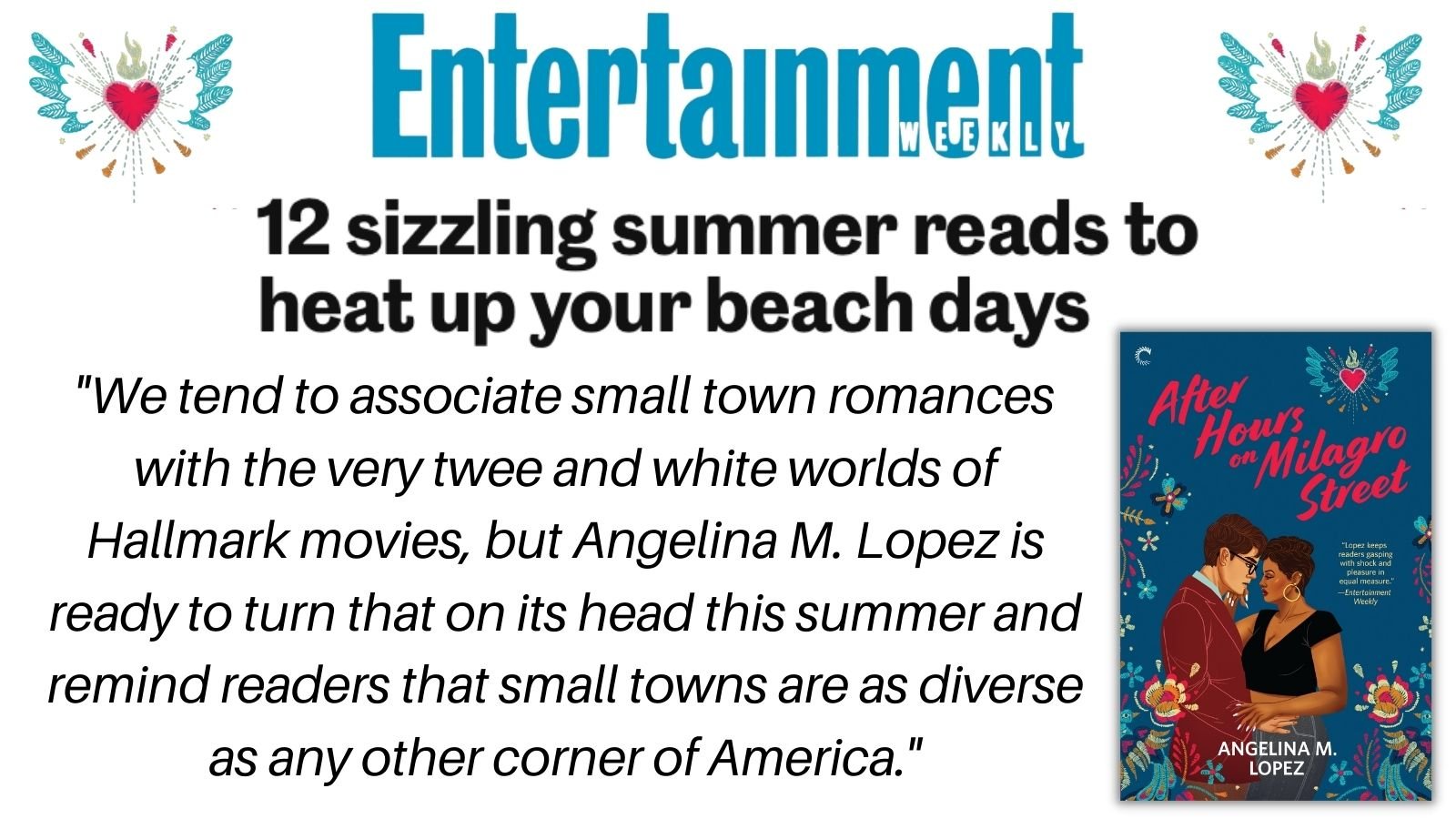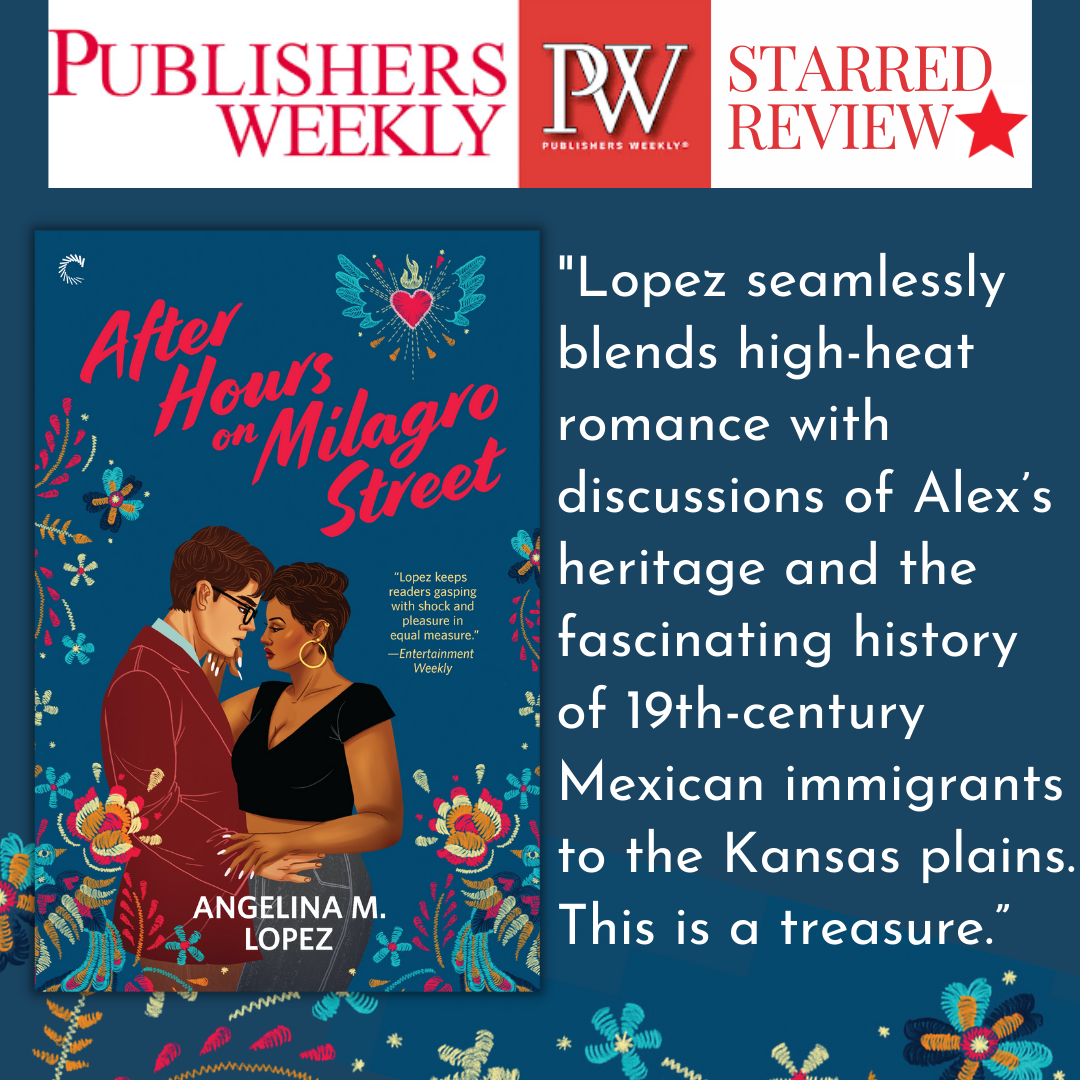(Author’s note: I originally provided this article to my Hyperromantic Patreon subscribers at the $5/month tier. To read the full article, subscribe to my Hyperromantic Writers.)
The most common question I get as a multi-published romance author is “Where do you get your ideas from?”
It can seem so mystifying how a writer pulls thoughts and words from the air and turns them into a 100,000-word book, a book that can feel so real in reader’s minds. An author thought up REDRUM. An author thought up Hobbits. An author thought up a priest during truly filthy things with sacramental oil (and you know who you are, you naughty woman!). Every thought and every word and every book sprouts from a single moment of inspiration.
During a four-hour drive to Dallas last weekend, I listened to the phenomenal book The Villa by Rachel Hawkins. It’s not a spoiler to mention an early moment of inspiration for an author in the book. Houses remember, she writes in her journal. She instantly recognizes, as do we all, that it’s a fabulous line. Houses remember. It feels good on the tongue. The writer in the book isn’t sure how she’s going to use the line, isn’t even entirely sure what it’s referring to. She just knows it’s fabulous.
Listen to the hindbrain, not the muse
As an author who’s enjoyed my own moments of inspiration, I love this description of the hindbrain at work. Muses are flighty, too personified as something that can come and go, that can escape from you or that you must appease. The hindbrain is always there. In reality, the hindbrain regulates our automatic functions, like breathing and sleeping. The creative hindbrain works the same way, always back there, churning, working, processing your day through the lens of the stories you have to tell, sending up inspiration and character development and dialogue and, when the flow is right, whole pages of words.
You’re not shackled to the hindbrain. Your goal is to give it space to think it thoughts; the built skill is recognizing when it sends up creative gold.
Inspiration that launched my career
A gift from my hindbrain helped launched my publishing career. At the end of 2015, I’d been a longtime freelance writer, digital content consultant, and aspiring romance author. I was looking through books on my phone and thought I saw one titled “The Billionaire’s Prince.” (I tell this story a lot, so feel free to skip this part if you’ve already heard it.) I assumed this title was for a male/male book. In an instant, I realized that I assumed the billionaire in the title was a man. Deeply ashamed of myself for assuming a woman couldn’t be the billionaire, I realized just as quickly that that was the story I had to write: a story of a bad-ass billionaire businesswoman who had all the smarts, power, and resources to possess a prince.
From that hindbrain lightning strike, my debut book Lush Money was born.
Dialogue before characters
In my most recent release, After Hours on Milagro Street, my hindbrain delivered twice.
Before I even started the book, I wrote this down in my writing journal:
“I want you to understand something. My pussy...she’s not very discriminating. She’s attracted to most men. If we do anything, it’ll be hot. And memorable and interesting. But it won’t be special. It won’t be about you.”
Those who’ve read the book already know it’s what my heroine Alex tells our hero Jeremiah in a dark hallway before an angry reunion. The inspiration for this book sprang from multiple sources, but my concept for my furious heroine, the best bitch in bartending, sprang from this quote that came to me out of nowhere while I was sitting at my computer. I craved to write a heroine as self-possessed, as proud, as feral, and as giving as little fucks as the heroine in this quote.
My hindbrain gave me Alex and I thank it immensely.
Inspiration for the next book
In September, the second book in the Milagro Street series, Full Moon Over Freedom, will be released. It’s a second-chance romance book about a Gillian Armstead-Bancroft, a once-perfect wife and mom who’s lost her perfection, and Nicky Mendoza, the former bad-boy-turned-successful-artist who she hopes can help her get her groove back. She thinks of him as a very sexy long-lost friend and he, unfortunately, thinks of her as the girl he’s loved almost his whole life. The pining in this books is heart pumping!
Full Moon is an iteration of the first book I ever finished, in 2009. That first iteration wasn’t published for a reason (it was awful) but, while re-reading it in preparation for this book, I wrote down a passage from that original book:
"Why didn’t you ever ask me out?"
"You would have said ‘no.’ You were walking out of Freedom when we were in grade school. You had no time to waste on a boy who’d probably end up working at the plant….
Also, I was afraid you would just use me for sex."
In the 2009 installment, they’d never had sex and it’s now all they can think about. But in the current iteration, he’d been her “sex teacher” the summer after her freshman year in college. Unaware of his feelings, my very practical heroine viewed him as a practical solution to the problem of her virginity.
That line-- I was afraid you would just use me for sex—was the crux of the modern iteration, I realized. The original Nicky had better self-preservation instincts than the new Nicky, and that desire to protect himself now is one of the wedges keeping these two apart, although he can barely keep his hands off of her.
You never know when inspiration may strike. Listen to that hindbrain. Cultivate trusting it. And write down the treasures it sends you.
Preorder Full Moon Over Freedom now
Inspired by her own upbringing as a Mexican American in Kansas, Lopez offers a steamy love story that is also a repudiation of whitewashing history for the sake of upholding narrow definitions of what it is to be American…. It’s her ability to balance these lascivious passages with pointed, meaningful storytelling that sets her work apart and makes her a writer worth returning to again and again.
— Maureen Lee Lenker on After Hours on Milagro Street, Entertainment Weekly



